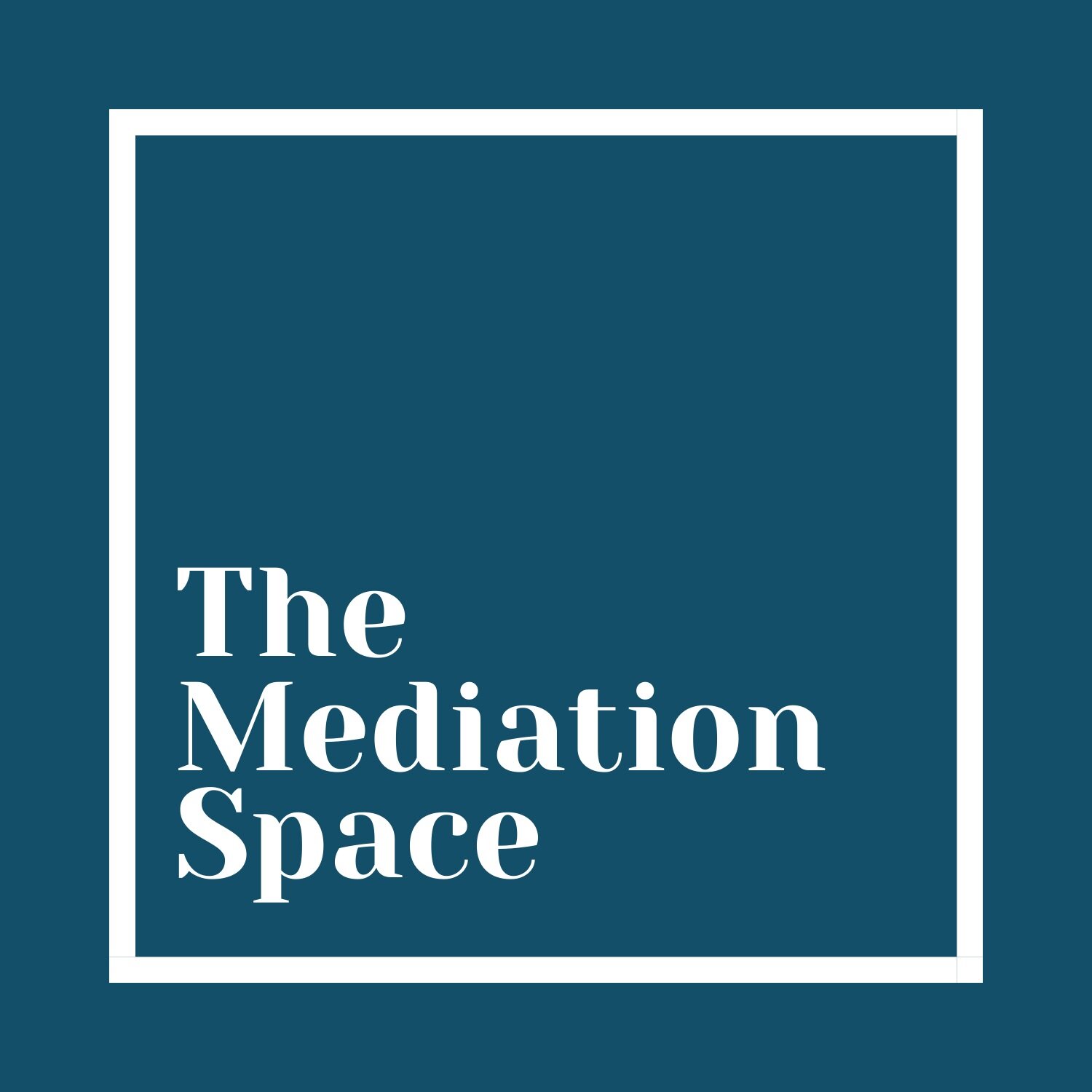What is hybrid mediation?
As members of Resolution, the partners at The Mediation Space LLP are committed to keeping issues that arise between couples on a relationship breakdown out of court. One way in which this can be achieved is through Hybrid Mediation – a highly effective process that learns from both family and civil mediation models to bring satisfying conclusions to separating couples, particularly in challenging cases.
What is hybrid mediation?
The hybrid model was developed to help couples who are engaged in high conflict, or where there are potential safeguarding or imbalance of power issues.
As with all forms of mediation, the hybrid model is client-led, meaning the solutions and settlements tend to result in a more satisfying outcome for all involved.
Whilst some mediators work with both the clients and their lawyers present during the joint sessions, at The Mediation Space LLP we ask the solicitors to be available for consultation but not in the room with their client during mediation. In this way, lawyers can support their clients and give independent legal advice whilst the mediator and therapist facilitate discussions between the participants.
What are the benefits of hybrid mediation?
Hybrid mediation offers a range of benefits to clients, whether they be at the beginning of the separation journey or already undertaking court proceedings.
Hybrid mediation can be quicker and more cost effective. The clients’ lawyers are present (although not involved in the mediation) and can advise during breaks in the process so that in some cases resolution can be achieved almost immediately.
Hybrid mediation empowers the clients to confidentially explore options with the mediator without commitment or raising expectations from the other party and gives the ability to reality check proposals within the joint sessions with their lawyers.
Hybrid mediation within a psychotherapeutic model
With both hybrid mediation and the psychotherapeutic model being born out of the challenges facing couples in high conflict separation cases or with those where there are difficult and entrenched emotions, combining both approaches increases the likelihood of positive resolution.
In these difficult cases mediation is often ruled out at the initial screening stage. However, these cases also often return to court continuously without achieving sustainable outcomes. The resulting stalemate can incur potentially damaging emotional and psychological consequences for both parties and their children.
The psychotherapeutic model of mediation works with the law, facts and feelings involved to help the couple address and resolve their painful emotions as an integral part of the mediation process.
With both a mediator and therapist involved in the process, the team are able to gain a deeper understanding of the nature of the issues to be resolved and the emotional obstacles to settlement. Both then use their skills to work with the couple to overcome the entrenched emotions that cloud reasonable thinking and enable both parties to reach a mutually agreeable outcome.
The Mediation Space LLP approach to hybrid mediation
Our approach to hybrid mediation follows a unique structure.
As with all forms of mediation we offer, the process starts with our two-stage intake meeting (MIAM). Each participant will individually spend an hour with the mediator and a separate hour with our psychotherapist. During this assessment, we will explore with the clients their reasons for wanting to pursue hybrid mediation and any emotional difficulties that may be an obstacle to resolution.
In the event that hybrid mediation in conjunction with a therapeutic approach is considered appropriate and likely to produce a positive outcome the following structure is used:
Step one
There will be a meeting between the mediator and the solicitors in advance of the session to set out the ground rules for the solicitor’s participation in the joint sessions. It is important for solicitors to be reminded that in mediation the parties are looking for workable solutions and mutual goals rather than the best possible deal based upon their sole interests.
Step two
The mediation usually takes place over two days with a two-hour session on each day. We deliberately keep the sessions to two hours as anything more can be draining for all concerned, decision making becomes more difficult and by splitting the sessions over two days it gives time for reflection.
The sessions take place virtually, over Zoom, and the clients’ solicitors are not present during the actual mediation. However, they can be in breakout rooms with the clients having an opportunity to break and speak with them during the session as facilitated by the mediator.
The mediator may communicate with the solicitors attending the mediation separately from their clients to summarise and explain any points of impasse or where the client may need some legal advice.
In the event that the therapist does not participate in the hybrid mediation, then we follow the same process as above but the mediation can take place in person if wanted.
How The Mediation Space differs from other mediation services
Established in 2021, The Mediation Space LLP was born out of a shared conviction that a new approach was needed to facilitate dispute resolution between high conflict couples away from the court arena.
The practice is deliberately small, meaning each of the team of mediators, all of whom are highly experienced family lawyers and our two practicing psychotherapists, who are also lawyers, are closely involved with their clients.
Unlike other mediation services, every partner at TMS has qualifications in psychodynamic psychotherapy and family law, meaning the practice deploys an innovative, multi-disciplinary approach comprising expert mediation underpinned by therapeutic understanding.
Contact The Mediation Space
Individuals or couples wishing to discuss family mediation can book an online consultation via the website: https://www.themediationspace.co.uk/contact
For solicitors and law firms wishing to discuss opportunities to refer client to The Mediation Space, please contact us enquiries@themediationspace.co.uk.
https://www.themediationspace.co.uk/
